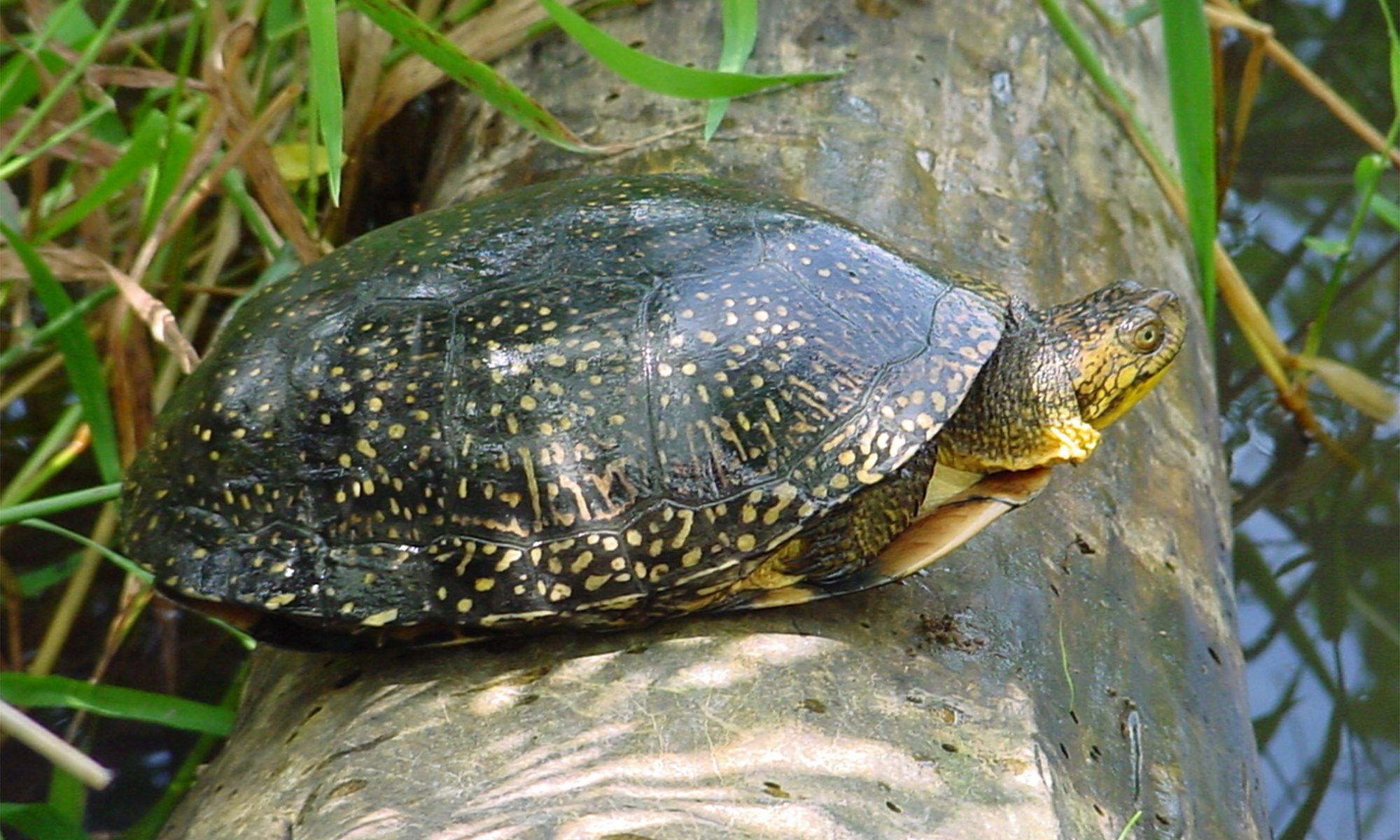We conducted surveys of the fish, mollusk, and aquatic macroinvertebrate communities at stream crossings along I-294.
We used a minnow seine or a barge electrofisher based on stream size and found:
– 113 fish of 19 species
– 1 Iowa Darter, Etheostoma exile
– no species found were intolerant of poor water quality
– the three most abundant species were
Fathead Minnow, Pimephales promelas
Bigmouth Shiner, Notropis dorsalis
Largemouth Bass, Micropterus salmoides
We completed the Qualitative Stream Habitat Assessment Procedure and sampled the invertebrates using the 20-Jab Allocation method using a D-frame net. We found:
– Habitat at six of the seven sites scored as “Poor” and one site scored as “Fair”
– 56 taxa were identified
– No Plecoptera
– Trichoptera and Ephemeroptera were found at three of the sites
– Biotic integrity was “Poor” at three of the sites
– Biotic integrity was “Fair” at four of the sites
– The most abundant functional feeding group was collector-gatherers, such as chironomid midges
– Invasive Rusty crayfish, Orconectes rusticus, and/or the Corbicula Clam species. were present at three of the sites
We conducted a 2 hour timed search at each site using grubbing and visual detection. We found:
– 31 live mussels of three species
– Giant Floater, Pyganodon grandis was the most common
– 1 Paper Pondshell, Utterbackia imbecillus
– 1 Lilliput, Toxolasma parvum
– 1 native snail, Liver Elimia, Elimia livescens was abundant
